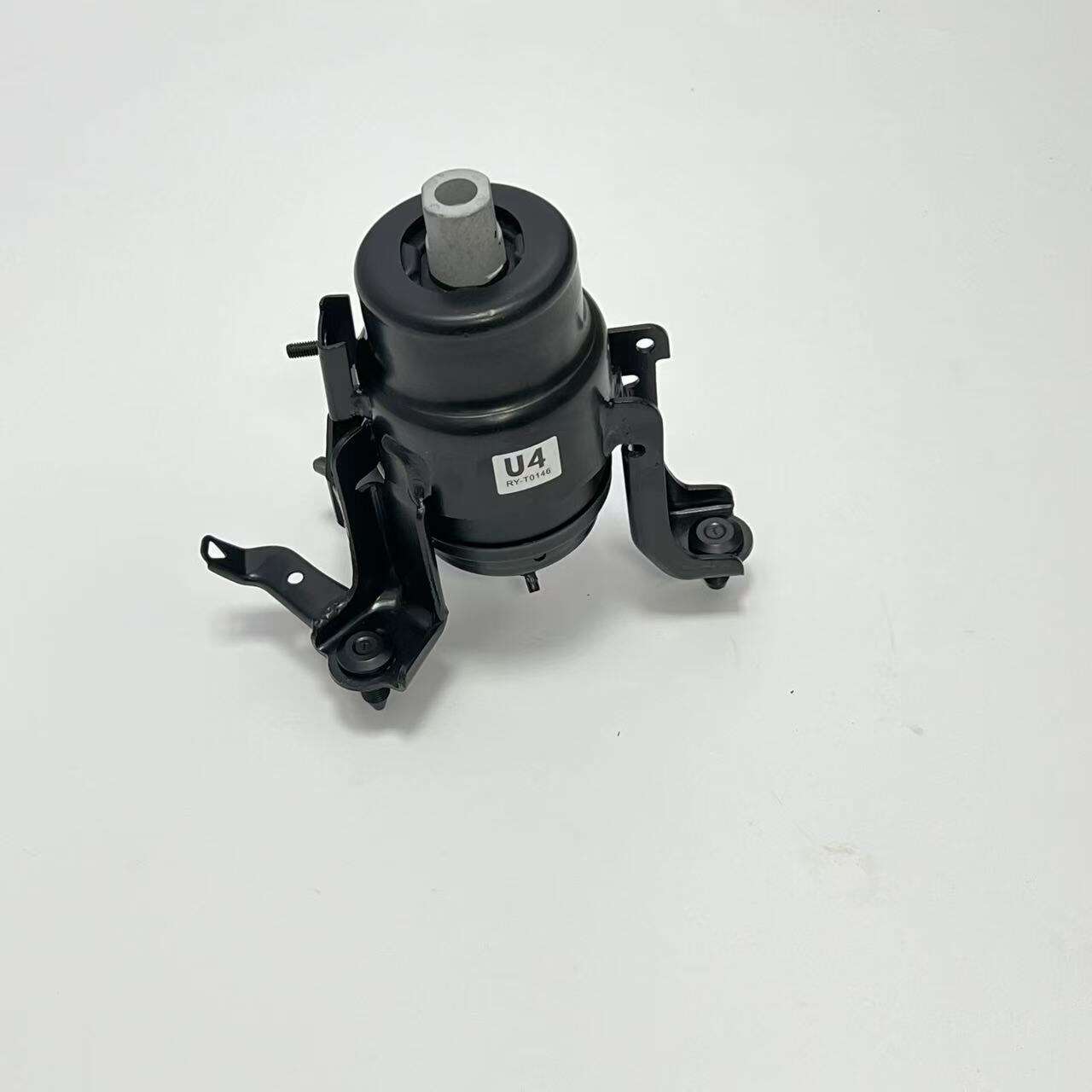engine cooling fan
The engine cooling fan is a critical component of a vehicle's cooling system, designed to maintain optimal engine temperature by regulating airflow through the radiator. This sophisticated device operates automatically, engaging when engine temperatures rise above predetermined thresholds and disengaging when sufficient cooling has been achieved. Modern engine cooling fans utilize advanced electronic controls and sensors to monitor engine temperature, ensuring precise operation and enhanced fuel efficiency. These fans are typically mounted between the radiator and engine, creating a powerful airflow that helps dissipate heat from the coolant circulating through the radiator. The fan's design incorporates aerodynamic blades that maximize air movement while minimizing noise and power consumption. Available in both mechanical and electric variants, engine cooling fans have evolved to meet the demands of modern vehicles, with electric fans becoming increasingly popular due to their improved efficiency and controllability. The system works in conjunction with other cooling components, such as the thermostat and water pump, to maintain optimal engine operating temperatures, which is crucial for engine performance, fuel efficiency, and longevity.


